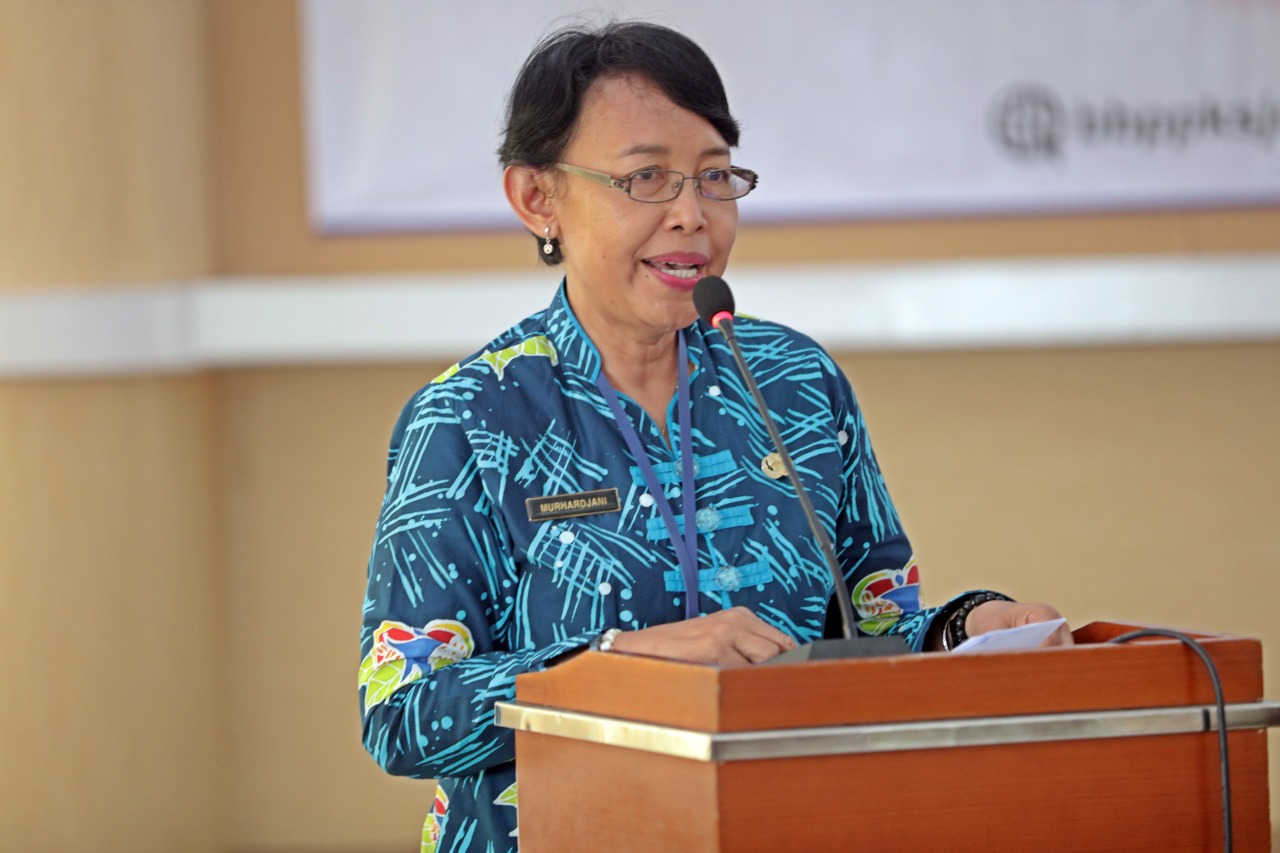BBPPKS Regional III Yogyakarta Organizes Training for Social Workers

SLEMAN (February 25, 2020) -
The Regional Center for Social Welfare Education and Training (BBPPKS) Regional
III Yogyakarta held training for social workers. There are three types of
training attended by elements of the State Civil Apparatus (ASN) within the
Ministry of Social Affairs and the community.
For training with ASN
participants, is the first expert level social worker functional education
division training with 30 participants. They are ASNs within the Ministry of
Social Affairs from Central Java, East Java, Yogyakarta, Yogyakarta, NTT, NTB,
Bali, Jakarta, Jambi and Bengkulu. 21 days of training.
There is a training of child
social assistance workers dealing with the law, with 30 ASN participants for 25
days. While the community, is the training of narcotics addiction social
workers for two forces for 10 days.
BBPPKS Regional III Yogyakarta
Head Murhardjani said, a number of challenges face these social assistants.
Moreover, what they faced was ABH and those who tripped over narcotics.
Community stigma has slightly hampered the mentoring process.
"For example ABH. Today
many 15-year-olds have become victims of crime. Even to murder. We do not only
assist the perpetrators. But also families to the community, "he said
after opening the training at BBPPKS Regional III Yogyakarta in Purwomartani
Kalasan Sleman, Tuesday (25/2).
Based on data from the
Indonesian Child Protection Commission (KPAI), the number of ABH in the last
three years has increased quite sharply. From only 1,403 cases in 2017, up to
9,266 cases in 2019. If seen from the scope, there are three things.
Perpetrators or suspects in a criminal offense, victims of a criminal offense
and witnesses to a non-criminal offense.
"We have a duty in
protecting, restoring and social empowerment for children who are dealing with
the law. Including preparing social workers in the service to encourage and
strengthen the role of families, communities and social organizations to care
for ABH," he explained.
 English
English
 Bahasa
Bahasa
